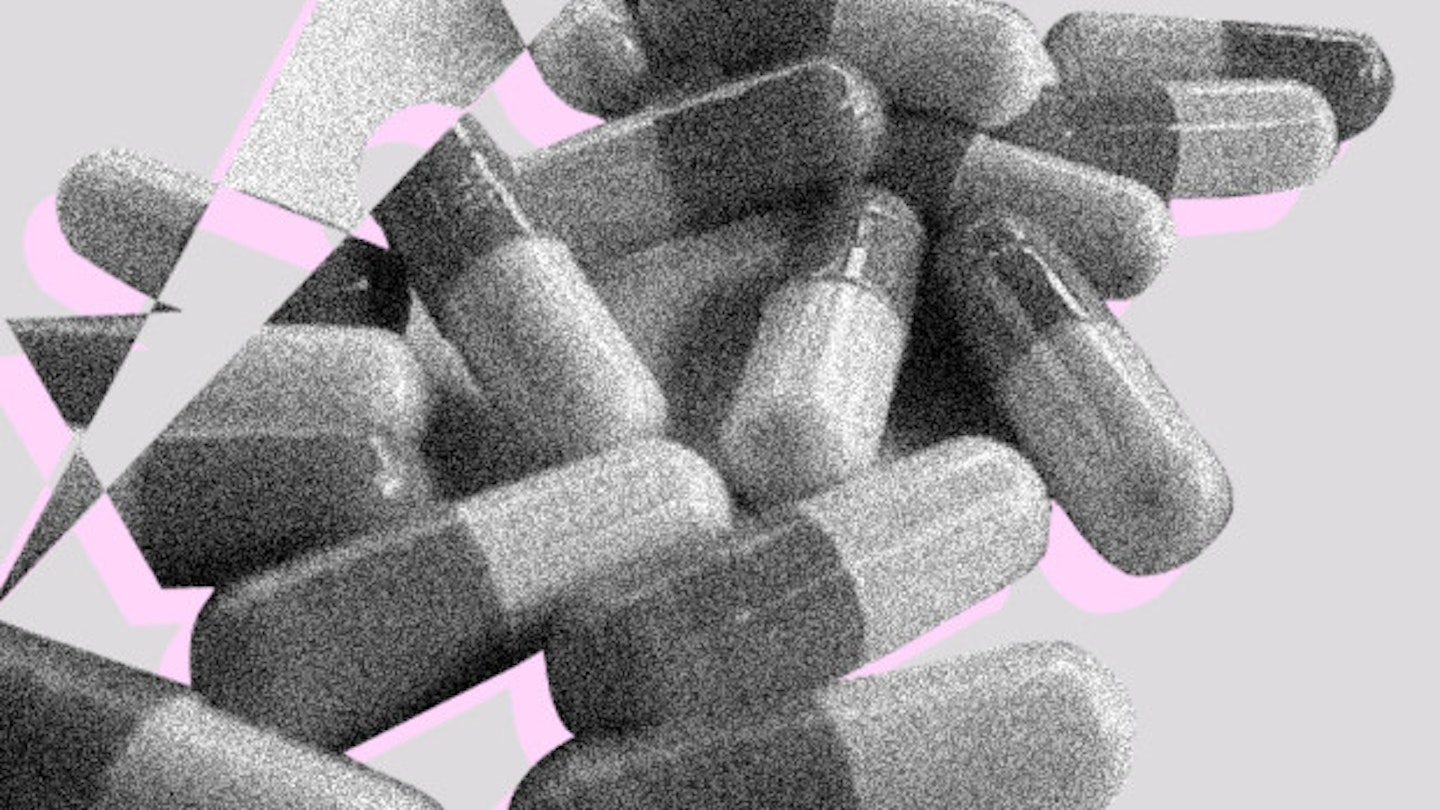A new study has revealed that young people who take high-doses of antidepressants such as Prozac and Seroxtat have twice the risk of suicidal behaviour than those on lower doses.
The study of almost 162,000, which was completed by experts at Harvard School of Public Health, Boston, found that young people aged 24 and under on high dosages of SSRI (selective serotonin re-uptake inhibitors) in pills were twice as likely to self-harm compared to those who were on lower dosages. Interestingly, the risks of suicidal behaviour weren’t as high in older adults who started to take antidepressants.
The researchers have gone on to say that since the benefits of medication for youngsters with depression are ‘modest’, doctors should avoid dishing out high doses of SSRIs and should instead monitor patients closely for several months – a sentiment mirrored by the British drug safety watchdog who said who young people should be closely observed while on high dosages in case they show worsening symptoms of suicidal behaviour. The authors suggest the increase in suicidal behaviour corresponds to about one extra act of self harm for every 150 young people being treated with high-dose therapy.
Matthew Miller of Harvard School of Public Healthy said: ‘Considered in light of recent meta-analyses concluding that the efficacy of antidepressant therapy for youth seems to be modest, and separate evidence that dose is generally unrelated to the therapeutic efficacy of antidepressants, our findings offer clinicians an additional incentive to avoid initiating pharmacotherapy at high-therapeutic doses and to monitor all patients starting antidepressants, especially youth, for several months and regardless of history of DSH.’
Although the report doesn’t go into the reasons behind the increase of suicidal behaviour when the dosage of antidepressants is increased in young people, it makes for worrying reading. With the number of people on antidepressants soaring by 500 per cent in the last 20 yearsand with the number of young people claiming to be depressed also on the rise, it’s not unreasonable to wonder if we’re at the beginning of a antidepressant crisis, if the way we treat young people for mental health issues isn’t changed.
Follow Sophie on Twitter @sophiecullinane
This article originally appeared on The Debrief.
